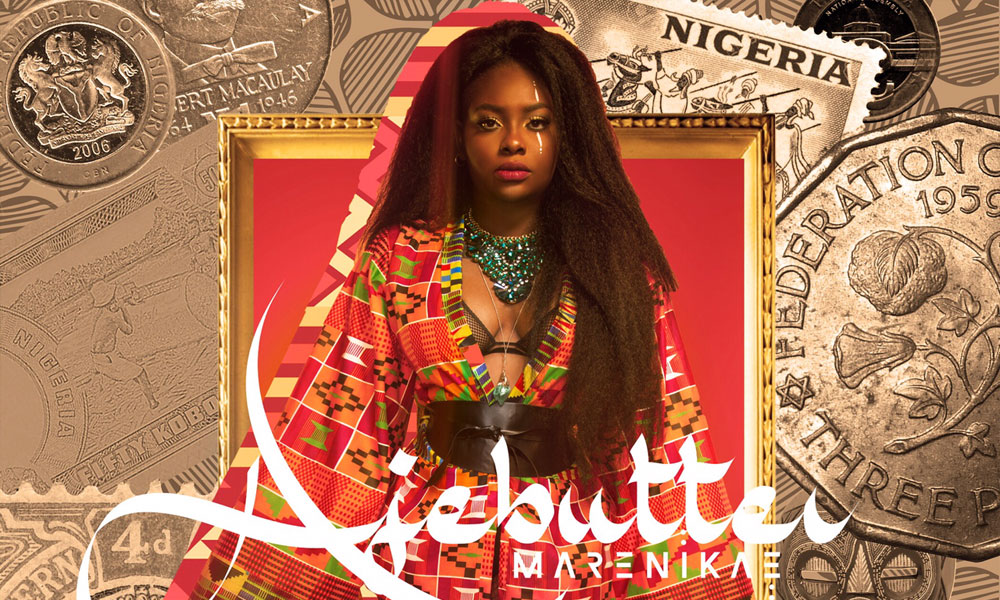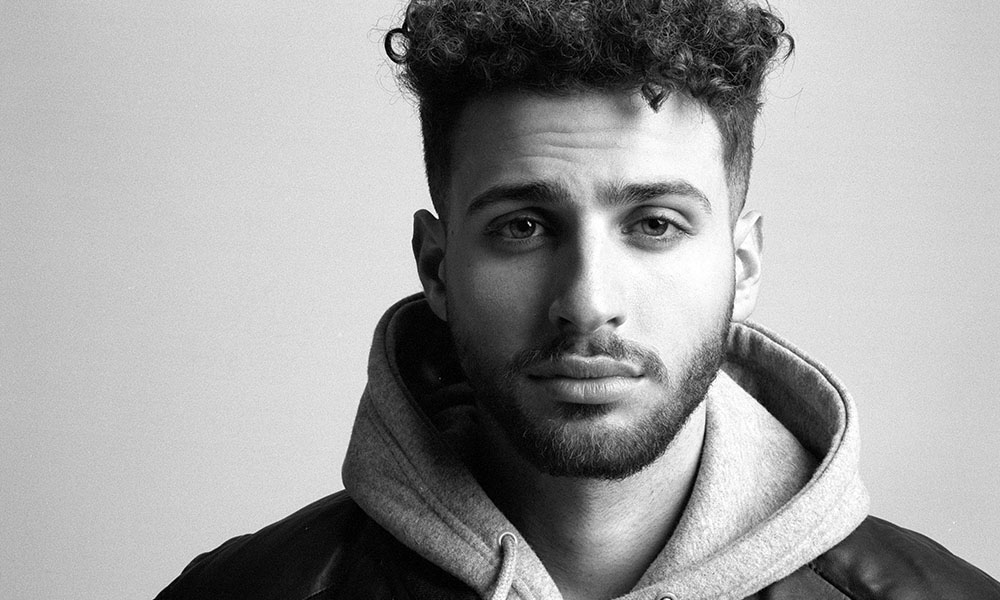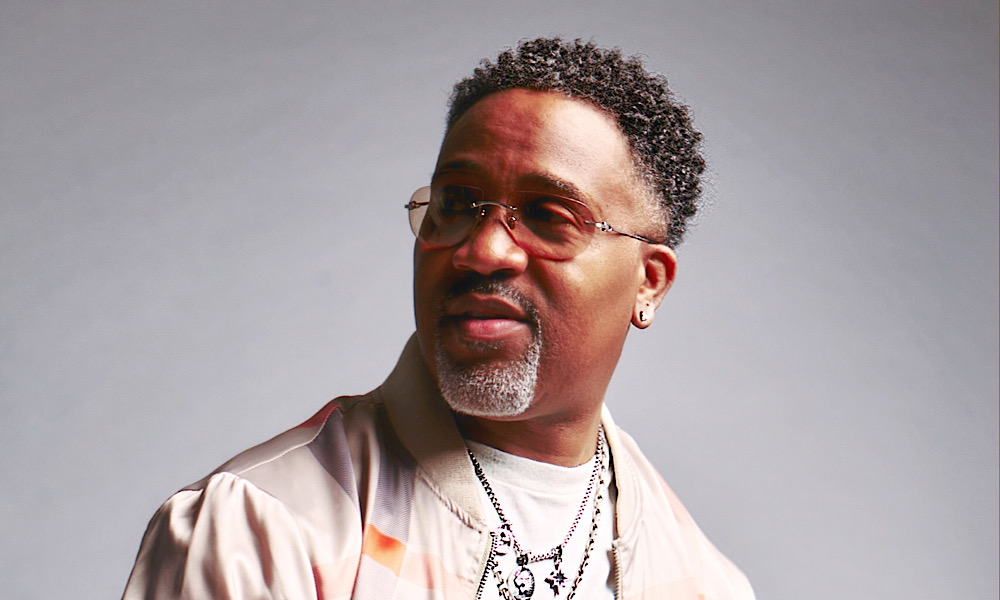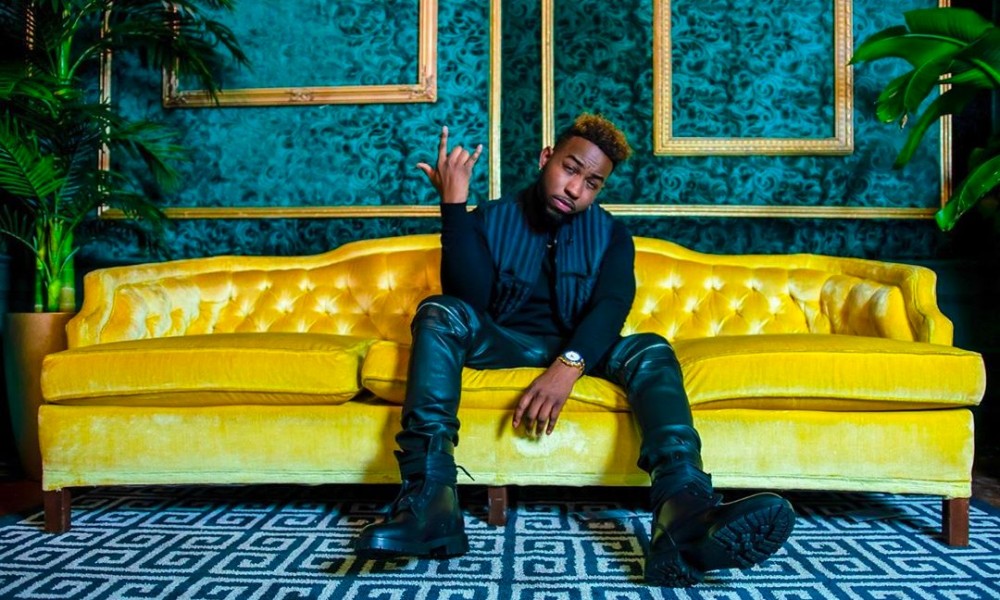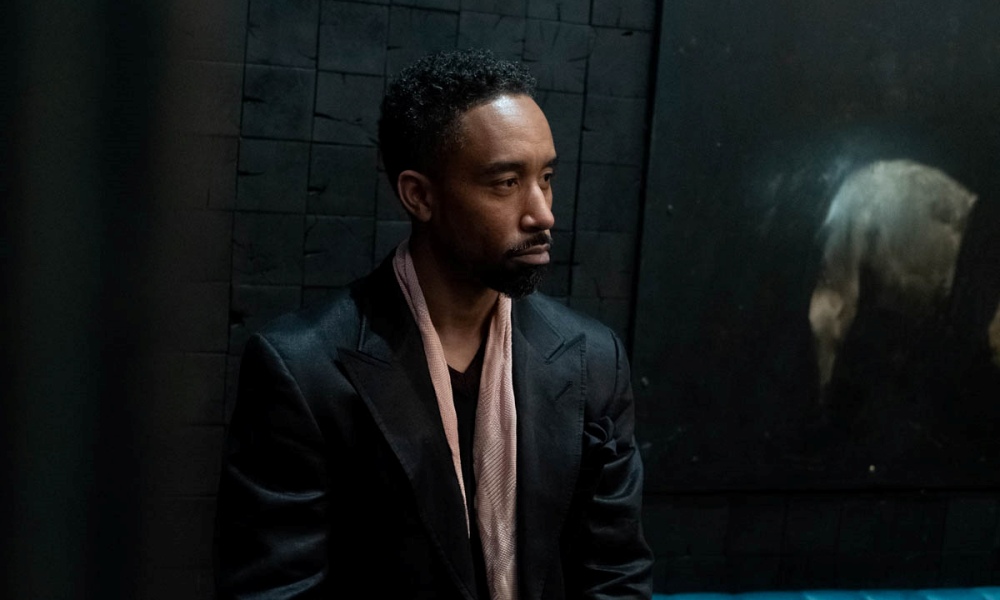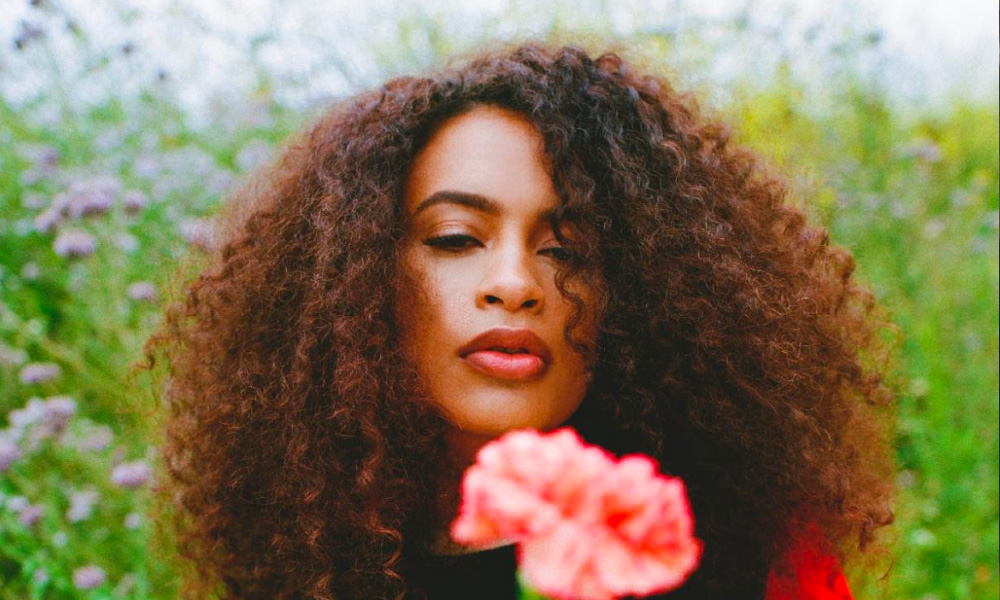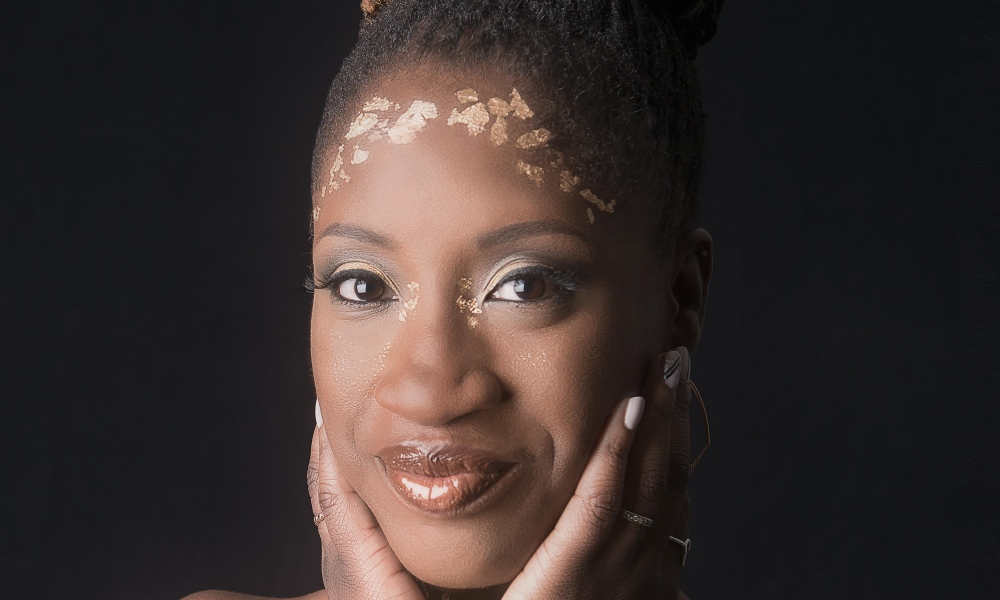Nigeria-born singer/songwriter Marenikae (pronounced Muh-Ren-i-KAY) delivers a unique and empowering body of work for the masses in the form of her debut album, Ajebutter.
The project, which touches listeners on the international level, features themes around millennial womanist, identity, finding oneself, monologues and life, with sounds rooted in a blend of neo-soul and Afropop.
The album’s lead single, ‘Remember,’ which premiered on Singersroom, is a collaboration with Southern Hip-Hop producer, Cory Mo (Gucci Mane, UGK) and Ezenwa “Bigfoot” Ogbona (Illbliss, Nosa, Aramide) where Marenikae boldly and passionately shares her story as an anthem that she wrote to both empower women and to demonstrate their collective strength. The record is geared towards helping women get their life on track after trial times. Marenikae encourages women to use their collective voice to define power in their own terms.
Singersroom caught up with this burgeoning businesswoman, designer, and artist about her new album, her musical roots, her womanist movement, and more.
—–
Tell us about your upbringing?
I was born in Lagos, Nigeria. My dad is of the Yoruba tribe, and my mom is Efik. Growing up in a mixed tribal household was very interesting. It gave me an appreciation for deeper aspects of culture, especially in a place like Nigeria where there are over 120 different ethnic and tribal groups.
Growing up in Nigeria and being Nigerian is something I’m extremely grateful for because it gave me a wide range of life experiences and a deeper worldview. It was a very different childhood from the average American child. Parents are stricter, and society was conservative and very religious. Nigeria is partly Muslim, partly Christian as well as traditional, so I witnessed different household styles growing up.
I went to boarding school at age 10 where I graduated at 16, came to the US to study criminology in college and to pursue opportunities in music.
When did you discover music? Do you come from a musical family or are you first generation?
I was a weird child lol! I discovered I gravitated towards music at a young age; I religiously rewatched Spice World and forced my friends to rehearse the moves like a mad musical tyrant lol. I was always rearranging popular songs on the radio. I knew that certain harmonies would make me cry or make me smile to myself and I didn’t know why.
I was always forming musical groups with my neighborhood friends, my sister, and my cousin. But as I got a little older and noticed the stigma surrounding music as a career at the time, I began to feel like maybe that wasn’t a realistic goal. The nerdy side of me took over, and for a minute there, I wanted to be a neuroscientist or a forensic pathologist because they sounded like super impressive careers.
My Dad was a film director and owned a record label called Africa N Vogue, and he managed a couple of Nigerian artists. He had a couple of shows on TV; I actually acted on one of his shows growing up called “First Family,” my home was the set lol.
My mother was a producer on a lot of my Dad’s projects, so we were a “film family.”
We premiered the single “Remember” on Singersroom, and it received a nice response. What has been the feedback for your music in the States in comparison to places in Africa?
It’s been really great in Nigeria; women really love the brash lyrics because traditionally we aren’t supposed to be as outspoken. People respond to the honesty, urgency, and modernity of the record. In both positive and negative ways, but the reaction is my goal.
Tell us about this new project ‘Ajebutter’ and the inspiration surrounding it? Also, what does the title mean?
The central themes of the project are identity, finding oneself, monologues, and life. The ups and downs. The songs are written in a conversational manner, and I wanted them to have elements of soliloquy. ‘Rosé’ is the first track on the album and it’s really just a groovy soliloquy. Lol.
The term “Ajebutter” in Nigeria is a slur for privileged kids who grew up in the less than 20%, and the word is used to devalue your authenticity as a real Nigerian. The term in English actually means “I eat butter;” it comes from a time in the past that only certain Nigerians had electricity in their homes and if you had electricity in your home you could have butter, so kids who grew up privileged grew up eating butter because their parents had access to electricity.
It’s really about finding one’s voice and telling one’s honest story regardless of what circumstances one finds themselves in. Its also meant to encourage people to not be ashamed of themselves and how they grew up and just to stay true to whatever their “butter” is.
What other artists inspire you and who would you love to collaborate with?
So many artists inspire me: Sade, Dwele, Eartha Kitt, Raheem Devaughn, Fela, Awilo, Don Jazzy, Niniola. A Drake or Don Jazzy writing session would be mad.
As an artist, what’s your favorite place in the world to visit?
I always loved Jakarta, itching to go back.
You’re a boss in your own right — How did you develop your business acumen?
Trial and error…a lot of error (Lol). My business acumen is fueled mostly by ambition and a willingness to fail and learn.
The album is out so what’s next?
Performances and off to Nigeria in the summer for press.
You’re a successful businesswoman, so why pursue music? Why do you love it?
I love to create, and I love variety. I like to be able to work on a song, then design a collection, then hunt down a specific kind of marble for a floor, then write an ad. Variety is the spice of life.
Tell us about your woman empowerment and feminist movement?
I’m an Afro-womanist and a proponent of some Africana-Womanism theories and some purely womanist theories. Its focus is on black and African women celebrating their similarities and acknowledging their differences. The ideology is that both femininity and culture are equally important to the female experience. An ethnic woman’s culture is not a component of her feminism; instead, her ethnicity is the lens through which she understands her femininity. I think one’s femininity cannot be separated from the culture within which it exists. All this to say that African and African-American women view their own feminity and ideas of self through the very different cultural lenses they exist in. African women and women in the third world are even further behind in the equality race with thousands of female circumcisions and child bride marriages occurring daily. Afro-Womanism seeks to create a better understanding between black feminism and Africana Womanism.
Listen to Marenikae’s ‘Ajebutter’ below and purchase HERE.
Since 2005, Singersroom has been the voice of R&B around the world. Connect with us via social media below.
